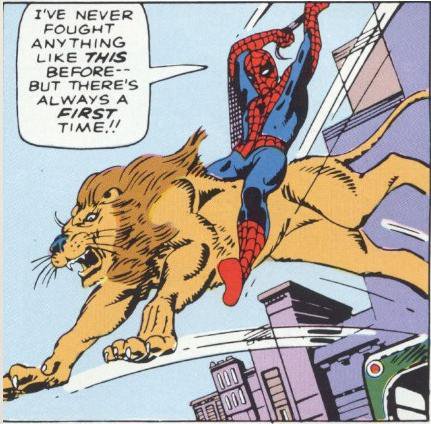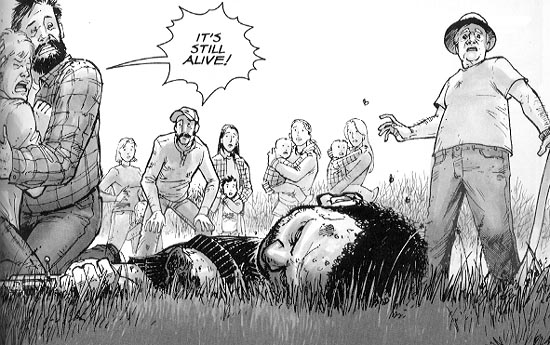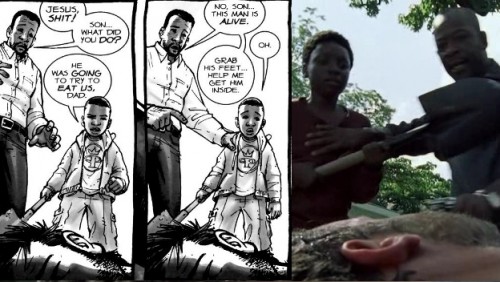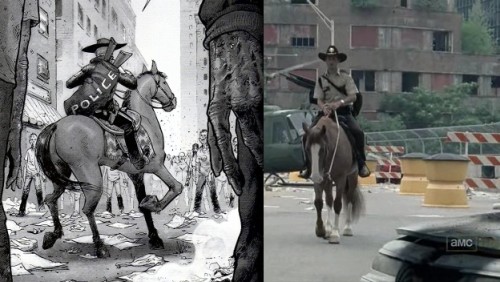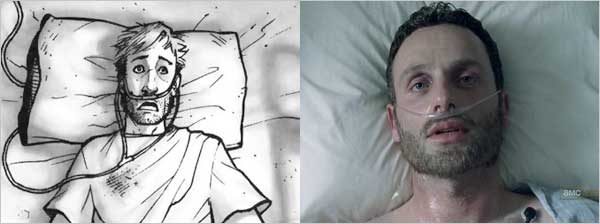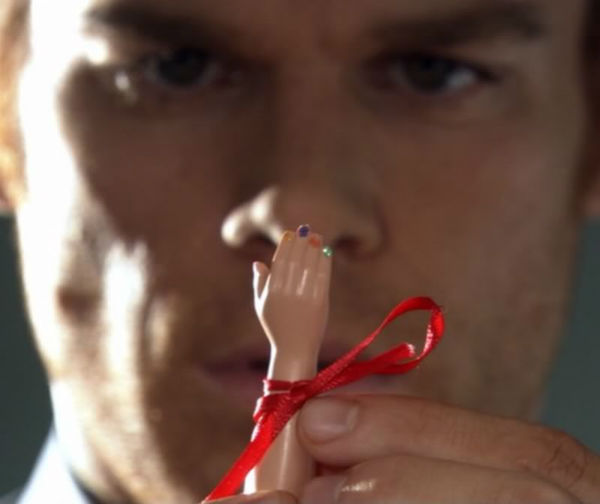Today I thought I’d talk about Sam Raimi’s Spider-Man, and Marc Webb’s The Amazing Spider- Man.
Both are loose adaptations of Stan Lee’s original origin for the character, with elements of Brian Michael Bendis’ Ultimate Spider-Man influencing the latter.
Raimi’s film has all the quirks, interesting camera angles, and appropriate use of computer graphics, but Tobey Maguire falls short as Spidey for me, mostly because he’s such a boring guy. Spider-Man without jokes doesn’t feel like Spider-Man, and Raimi taking the character into the tortured hero realm defeated the purpose a little bit.
Marc Webb on the other hand casts Andrew Garfield in this role, and I’m not going to lie, he mops the floor with Tobes. I have to assume Garfield was probably cast after his performance in The Social Network, where he played an intellectual character. Webb said that he wanted Spider-Man to feel like an outsider, and modern, and praised Garfield’s role in helping redefine “the idea of what a nerd is.”
The character feels like someone you could know, but at the same time, he flies right off the page. The jokes are funny, the dynamic is there, from a fan standpoint, Webb’s movie is superior.
Where Webb fails is in his cinematography and overuse of computer generated graphics. Rather than cloak The Lizard in darkness to hide the fact that he looks basically like shit, Webb lets the audience take in just how awful the character looks in brightly lit close-ups.
Yikes.
The acting and the writing for the villain could have been better on Webb’s part too, but he’s more focused on our hero anyway.
Raimi, on the other hand, has always been better at writing villains, and even his best horror movies are pretty much known for his ability to make something appear scary or villainous.
Both stories are ripped right out of the comics, with Raimi adapting The Night Gwen Stacy Died and Webb adapting Lizard’s plan to make an army of super reptiles (yeah, it’s pretty stupid) from Amazing Spider-Man #6, and #45-46.
When I look at it like that I want to give the nod to Webb right there, for taking such a shitty story and doing so much with it. Raimi, on the other hand, adapts the two most iconic stories in the character’s history and manages to make what I consider to be a passable, but lackluster film.
Ultimately, I give the nod to Webb, because he does the best job at defining the character and making him likable, and considering the fact that the movie and the franchise pretty much depend on that. Raimi still feel likes the better director, but not the better fit for Spider-Man.
